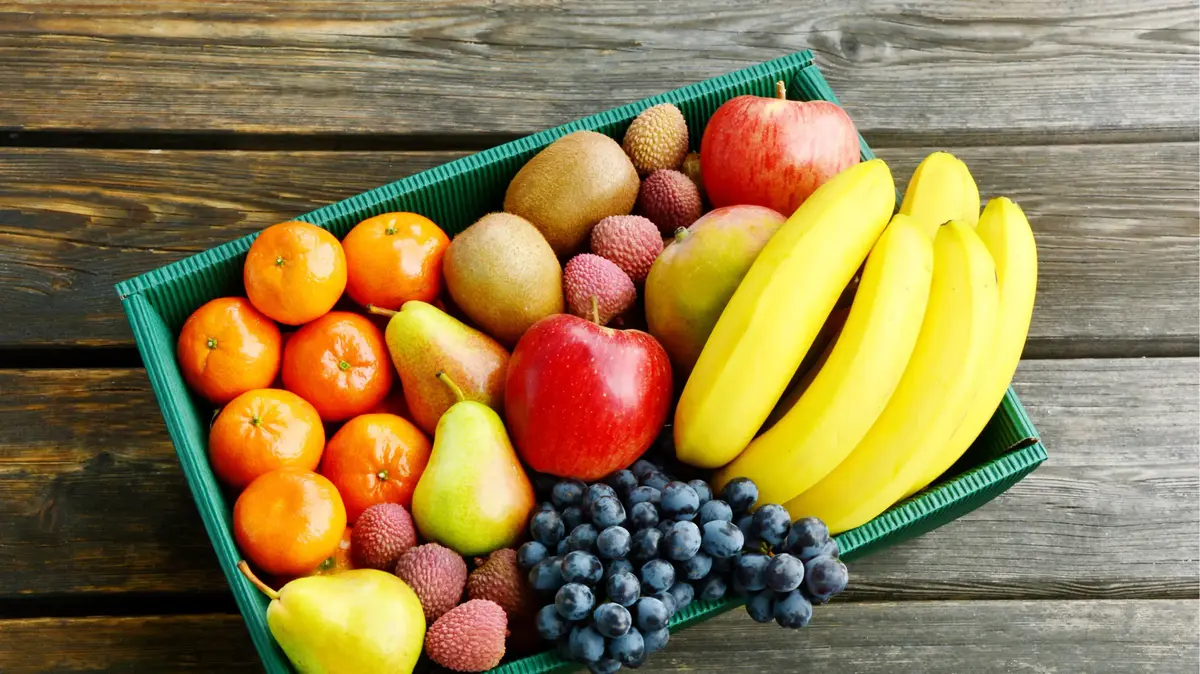This is the right way to eat kiwi/TIKTOK/@CWKNIX
Who among us does not need a boost to his mood these days, and if possible it will be as soon as possible.
Researchers recently discovered that incorporating kiwi into the diet can boost mood and vitality in just four days, and reach peak benefits in about two weeks.
A healthy diet rich in fruits and vegetables has been linked to improved mental well-being.
Previous studies have shown that nutrients in fruits, especially vitamin C, contribute to better mental well-being.
Vitamin C helps in the synthesis of neurotransmitters and peptide hormones and catalyzes several enzymes that are essential for maintaining healthy brain function, including mood.
However, there have been only limited studies on how quickly mood improves after introducing vitamin C supplements or whole food sources.
Illustration/ShutterStock, ShutterStock
The researchers from the University of Cambridge are behind a study recently published in The British Journal of Nutrition.
The researchers attempted to fill this gap by analyzing data from a survey conducted as part of an eight-week dietary intervention study.
The survey examined daily changes in vitality, mood and mental well-being in 155 recruited adults with low levels of vitamin C.
Participants received a daily vitamin C supplement, a placebo, or two kiwifruit.
Through surveys, they were asked to report on their vitality, mood, sleep quality, sleep quantity and physical activity.
The results of the study showed that kiwi supplementation improved vitality and mood within four days, and the benefits peaked around 14 to 16 days.
Participants also showed improved mood from the 14th day.
Meanwhile, participants who received vitamin C supplements showed marginal improvements by day 12.
More in Walla!
The treatment that prolongs the lives of lung cancer patients
In collaboration with the Israeli lung cancer association
Food has an effect on feeling
"Our research suggests that kiwifruit consumption, and to a lesser extent vitamin C supplementation, can lead to mood-related improvements in a relatively short period of time (from 4 to 16 days), even in a relatively healthy population with good mental health. Food sources like kiwifruit have shown improvements greater and more consistent over time than vitamin C alone, and the improvements were more pronounced for people with consistently low vitamin C levels at baseline," the researchers wrote.
"This helps us see that the food we eat can have a relatively quick effect on how we feel. Our participants had relatively good mental health to begin with so had little room for improvement, but still reported benefits from the kiwifruit or vitamin C interventions."
said study editor Dr. Ben Fletcher.
"We encourage a holistic approach to nutrition and personal well-being, incorporating foods rich in various nutrients into the diet," added Fletcher.
More on the same topic:
fruits
Kiwi
depression
Mood
diet

